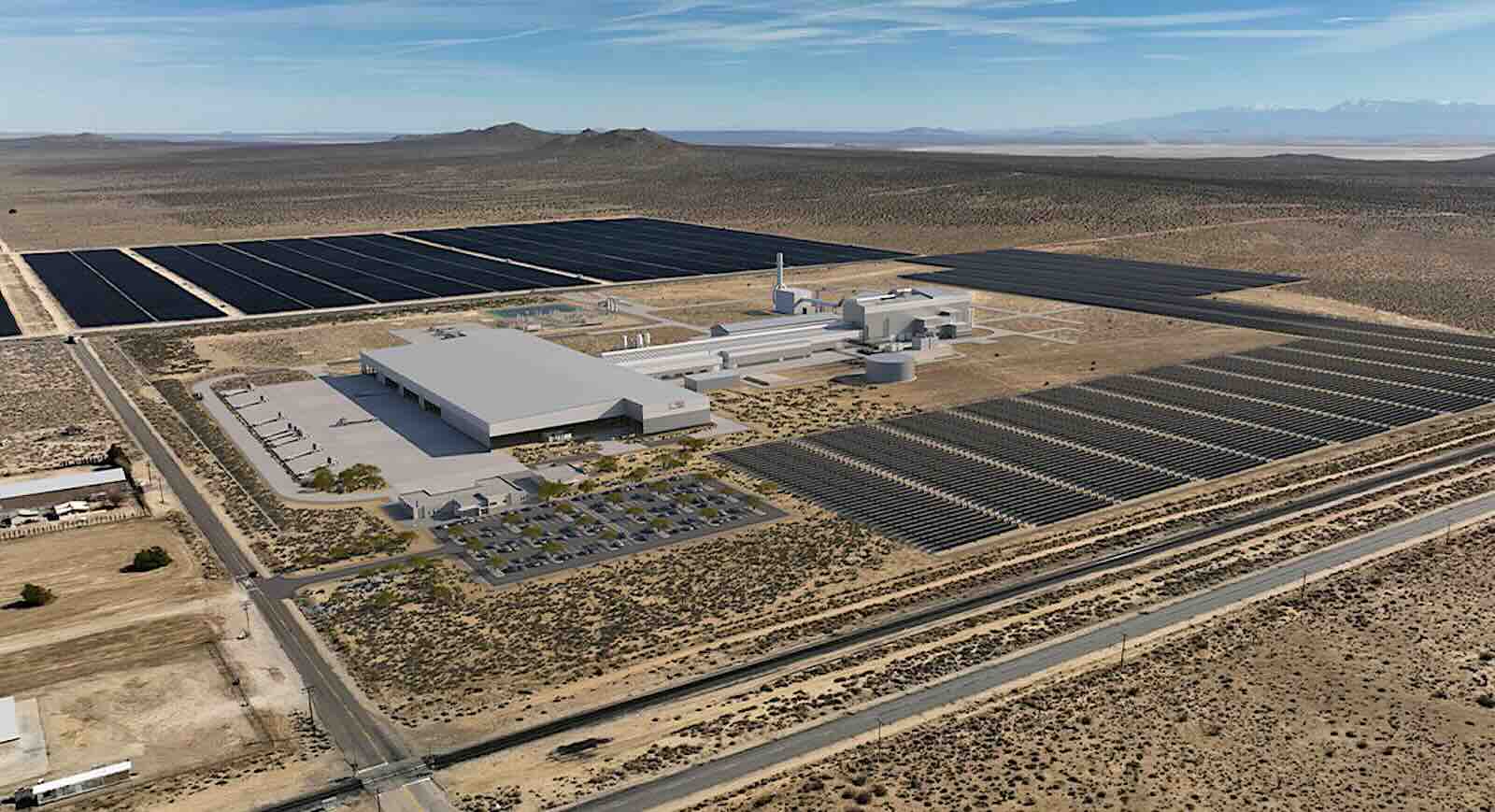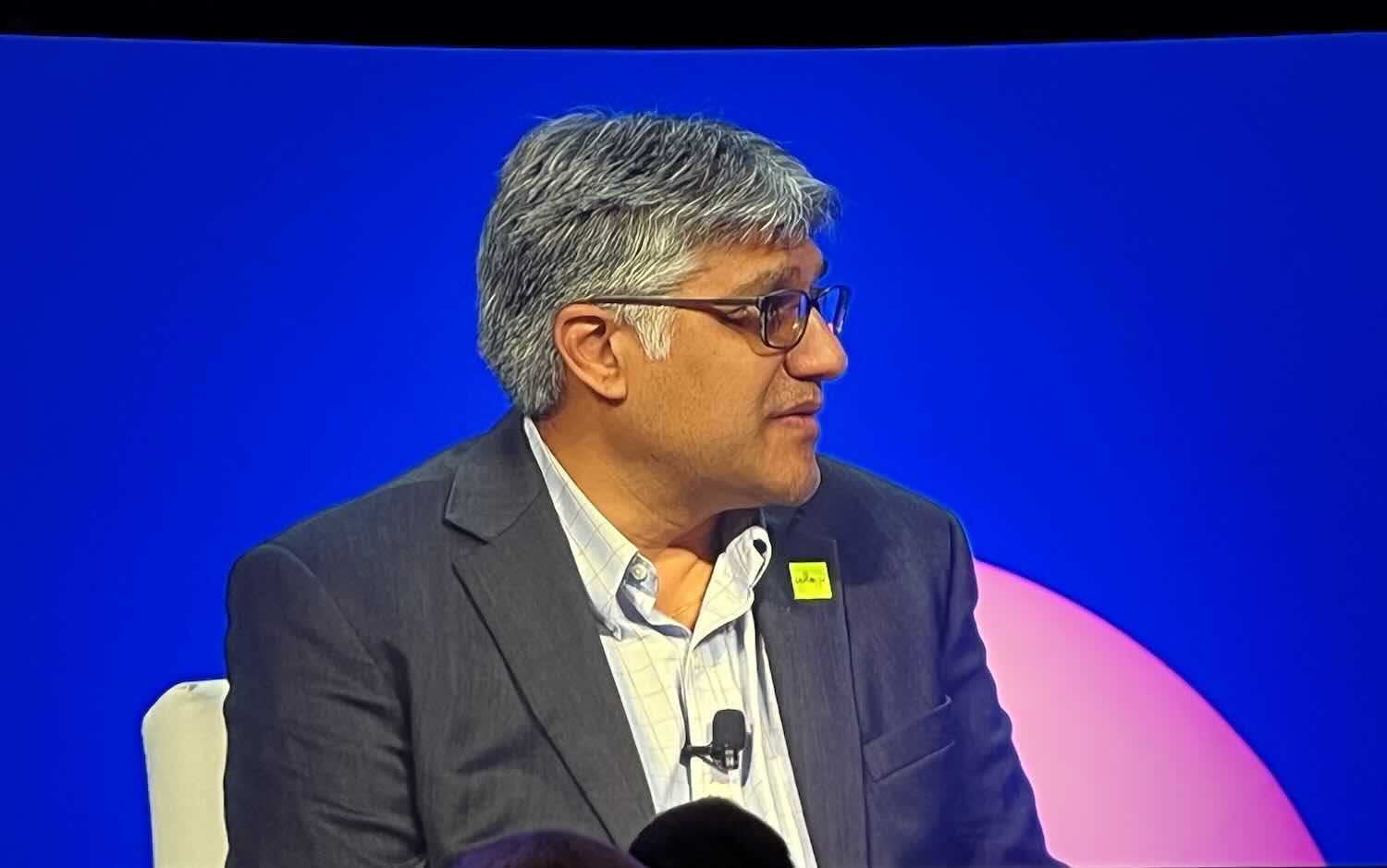ImpactAlpha, Nov. 30 – Private equity giant TPG is the latest player to tackle the opportunity – and challenge – of buying and selling carbon credits that corporations use to offset their emissions.
TPG recruited former Bank of America heavyweights Tom Montag and Anne Finucane to run the New York-based marketplace. Jennifer Jenkins, Rubicon’s chief sustainability officer, shared a Nobel Peace Prize with Al Gore and a team of scientists with the Intergovernmental Panel on Climate Change for their groundbreaking work on climate change.
Rubicon will source high quality credits from TPG portfolio company Anew Climate, the product of a TPG-led rollup of Element Markets and Bluesource in February. The credits, represented by a Rubicon Carbon Ton, are backed by a portfolio of nature-based and industrial offsets, rather than by individual projects.
The global voluntary carbon market is projected to swell to $50 billion by 2030 as companies scramble to meet their net zero commitments.
“The growing carbon market will need new tools and financing solutions in order to reduce friction, democratize access, and improve quality,” said TPG’s Jim Coulter.
TPG’s Rise and Rise Climate funds committed $300 million towards Rubicon’s targeted $1 billion equity raise. Bank of America, JetBlue Ventures, and NGP ETP are also expected to invest.
The TPG-backed company will also help fund new carbon offset projects through Rubicon Carbon Capital.
Building trust
Carbon markets hold enormous potential to help finance restoration projects and new carbon removal technologies that otherwise might not be economically viable. Yet the market has been plagued by a lack of transparency and standards that has led to charges of greenwashing.
Corporations including Delta Air Lines and Credit Suisse are buying cheap “junk” credits to burnish their climate cred, without meaningfully reducing carbon emissions, according to an in-depth investigation by Bloomberg Green. For example, many carbon credits finance wind and solar energy projects that would have been built regardless.
Another issue: project brokers and intermediaries often capture the bulk of fees, leaving little for the project developers or communities.
TPG aims to build trust by working with established partners to curate projects, monitor their results, retire credits, and provide detailed reporting.
Rubicon “is designed to be the market-based solution that allows both the supply and demand side of the global carbon market to scale responsibly,” said former BofA exec and Rubicon chairwoman Anne Finucane. She described it as a “Good Housekeeping seal of approval” in the Wall Street Journal.
Others are also aiming to tame the unruly carbon markets. Software maker Salesforce launched its Net Zero Marketplace in September. The International Finance Corp. has teamed with neobank Aspiration to create its own carbon market. Flowcarbon, a startup cofounded by WeWork’s Adam Neumann, raised $70 million from Andreesen Horowitz in May.
They join a host of smaller players including Nori, ReGen, and NCX.
“A credible and efficient market for carbon offsets would be a powerful way to drive more capital to projects that cut emissions or prevent them from happening, and an important tool in the global fight against climate change,” said Michael Bloomberg at the recent COP27 summit, where his Bloomberg Philanthropies and Three Cairns Group launched an initiative to bring help standardize and scale carbon markets.












